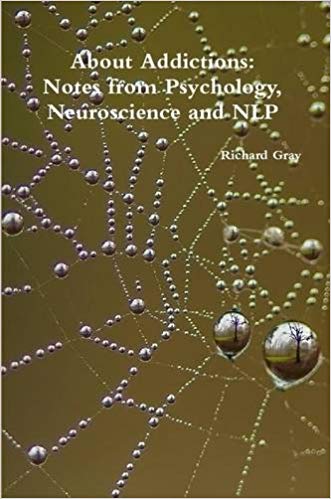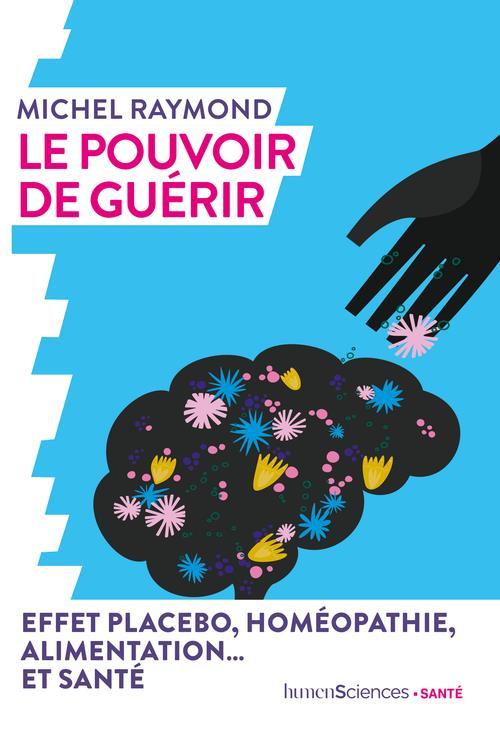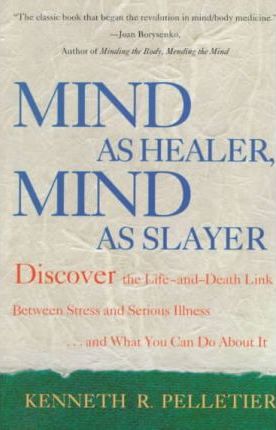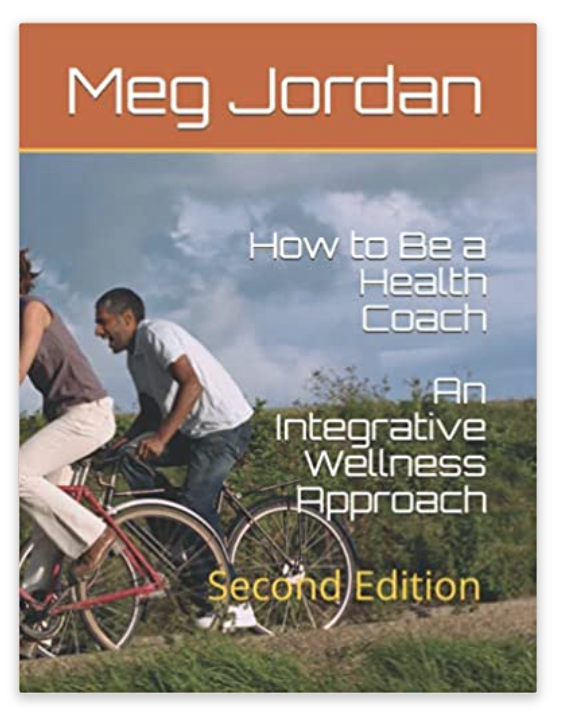About Addictions: Notes from Psychology, Neuroscience and NLP Paperback – 1 September 2008, by
 About Addictions provides a perspective for clear thinking about what to do, rather than how to feel about addiction and addiction spectrum disorders. Richard Gray provides the reader with data from Psychology, Neuroscience and Neuro-Linguistic Programming, that will allow clear thought about the nature of these problems and what can be done. As he says in his introduction, this is a book to think with. It is short on doctrine and long on practical information about the nature of addictions and the structure of motivations for change. Gray provides information about diagnosis, reports on studies that say something very important about 'addictive substances' and research in neuroscience, motivation, and preference hierarchies. He provides techniques and perspectives from Neuro-Linguistic Programming to suggest some novel approaches to treating the problem.
About Addictions provides a perspective for clear thinking about what to do, rather than how to feel about addiction and addiction spectrum disorders. Richard Gray provides the reader with data from Psychology, Neuroscience and Neuro-Linguistic Programming, that will allow clear thought about the nature of these problems and what can be done. As he says in his introduction, this is a book to think with. It is short on doctrine and long on practical information about the nature of addictions and the structure of motivations for change. Gray provides information about diagnosis, reports on studies that say something very important about 'addictive substances' and research in neuroscience, motivation, and preference hierarchies. He provides techniques and perspectives from Neuro-Linguistic Programming to suggest some novel approaches to treating the problem.

 Vous êtes hospitalisé et vous avez plus de 65 ans, il est préférable que le médecin qui s'occupe de vous soit une femme plutôt qu'un homme. On vous découvre une maladie, si votre généraliste se montre optimiste, vous avez plus de chance de guérir. Votre salaire est élevé, votre espérance de vie sera supérieure à la moyenne. Vous êtes très entouré, votre survie peut augmenter de 90 % par rapport aux personnes socialement isolées. Et si vous avez un chien, sa seule compagnie fait chuter votre risque cardio-vasculaire. Pour la première fois, un livre écrit par un biologiste de l'évolution révèle les liens profonds entre santé, relations sociales, solitude et place dans la société. Et c'est vrai chez toutes les espèces : les animaux qui entretiennent des liens sociaux forts et stables se reproduisent mieux et vivent plus longtemps. Autant de facteurs déterminants que la médecine feint d'ignorer. De même qu'elle méprise " l'effet placebo ". Ce phénomène étrange de guérison sans médicament, qui opère lorsqu'un autre prend le temps de s'intéresser à nous. Comme l'explique l'auteur, études comparatives à l'appui, c'est la raison du succès de l'homéopathie. Si une consultation classique dépasse rarement les 15 minutes, l'homéopathe reste en moyenne trois quarts d'heure avec son patient. Or la durée de consultation influe sur la guérison. Le même principe s'applique aux psychothérapeutes.
Vous êtes hospitalisé et vous avez plus de 65 ans, il est préférable que le médecin qui s'occupe de vous soit une femme plutôt qu'un homme. On vous découvre une maladie, si votre généraliste se montre optimiste, vous avez plus de chance de guérir. Votre salaire est élevé, votre espérance de vie sera supérieure à la moyenne. Vous êtes très entouré, votre survie peut augmenter de 90 % par rapport aux personnes socialement isolées. Et si vous avez un chien, sa seule compagnie fait chuter votre risque cardio-vasculaire. Pour la première fois, un livre écrit par un biologiste de l'évolution révèle les liens profonds entre santé, relations sociales, solitude et place dans la société. Et c'est vrai chez toutes les espèces : les animaux qui entretiennent des liens sociaux forts et stables se reproduisent mieux et vivent plus longtemps. Autant de facteurs déterminants que la médecine feint d'ignorer. De même qu'elle méprise " l'effet placebo ". Ce phénomène étrange de guérison sans médicament, qui opère lorsqu'un autre prend le temps de s'intéresser à nous. Comme l'explique l'auteur, études comparatives à l'appui, c'est la raison du succès de l'homéopathie. Si une consultation classique dépasse rarement les 15 minutes, l'homéopathe reste en moyenne trois quarts d'heure avec son patient. Or la durée de consultation influe sur la guérison. Le même principe s'applique aux psychothérapeutes. ss of Neurolinguistic Programming
ss of Neurolinguistic Programming Dealing with a subject that is ever-present in today's news, Mind as Healer, Mind as Slayer is a seminal book on the link between stress and four major types of illness--cardiovascular disease, cancer, arthritis, and respiratory disease. While “
Dealing with a subject that is ever-present in today's news, Mind as Healer, Mind as Slayer is a seminal book on the link between stress and four major types of illness--cardiovascular disease, cancer, arthritis, and respiratory disease. While “ Accessible to all and deeply rewarding, Coaching and Healing: Transcending the Illness Narrative is an inspirational guide for every coach and health care practitioner. Weaving together the authors’ own healing narratives, diverse case studies and skillful step-by-step methodology, this book reveals the powerful benefits of shifting one’s story from the conventional medical model of disease and cure, to the powerful honesty of narrative healing. With compassion and clarity, the authors offer coaches, clients and patients, not just a health resource, but a fundamental, essential and deepening way to be within the healing arts and sciences.
Accessible to all and deeply rewarding, Coaching and Healing: Transcending the Illness Narrative is an inspirational guide for every coach and health care practitioner. Weaving together the authors’ own healing narratives, diverse case studies and skillful step-by-step methodology, this book reveals the powerful benefits of shifting one’s story from the conventional medical model of disease and cure, to the powerful honesty of narrative healing. With compassion and clarity, the authors offer coaches, clients and patients, not just a health resource, but a fundamental, essential and deepening way to be within the healing arts and sciences.  This manual offers the essentials of health coaching methodology, along with integrative wellness principles, theoretical frameworks, evidence-based models, coaching session formats, and practice tools. Readers also learn effective mind-body techniques to become extraordinary health coaches. This book is used in over 100 schools and training programs and in several countries. A comprehensive educational text for health coaching: a) Over 320 pages of updated models, guidance, theoretical frameworks, process skills and coaching tasks that are vitally important for professional health coaches. b) New guide sheet of healthy lifestyle information for preventing chronic disease.; c) Presents step-by-step guidance for the tackling the skills and knowledge outlined by the National Board for Health & Wellness Coaching including scope of practice, ethical standards and professional practice--lots of solid preparation for taking the National Certification exam; d) Templates for intake sessions, initial meetings, ongoing sessions, motivational interviewing sessions, and for closing the coaching relationship. Includes coaching agreements, several types of Wellness Wheels for your use with clients; e) Offers first-time, cutting-edge tips for addressing diversity, equity and inclusion for health coaches.; f) Advance your coaching knowledge and techniques with the latest information and research on the neurobiology of behavior change, stress physiology, emotional and social intelligence, Nonviolent Communication, mindfulness and dozens of holistic practices for improving self-awareness and self-efficacy.
This manual offers the essentials of health coaching methodology, along with integrative wellness principles, theoretical frameworks, evidence-based models, coaching session formats, and practice tools. Readers also learn effective mind-body techniques to become extraordinary health coaches. This book is used in over 100 schools and training programs and in several countries. A comprehensive educational text for health coaching: a) Over 320 pages of updated models, guidance, theoretical frameworks, process skills and coaching tasks that are vitally important for professional health coaches. b) New guide sheet of healthy lifestyle information for preventing chronic disease.; c) Presents step-by-step guidance for the tackling the skills and knowledge outlined by the National Board for Health & Wellness Coaching including scope of practice, ethical standards and professional practice--lots of solid preparation for taking the National Certification exam; d) Templates for intake sessions, initial meetings, ongoing sessions, motivational interviewing sessions, and for closing the coaching relationship. Includes coaching agreements, several types of Wellness Wheels for your use with clients; e) Offers first-time, cutting-edge tips for addressing diversity, equity and inclusion for health coaches.; f) Advance your coaching knowledge and techniques with the latest information and research on the neurobiology of behavior change, stress physiology, emotional and social intelligence, Nonviolent Communication, mindfulness and dozens of holistic practices for improving self-awareness and self-efficacy.